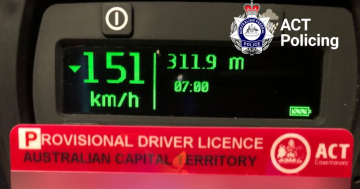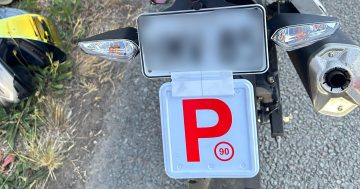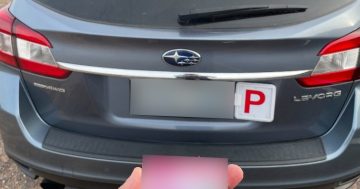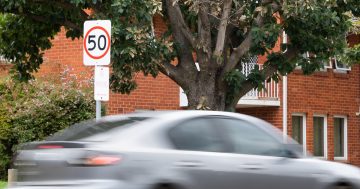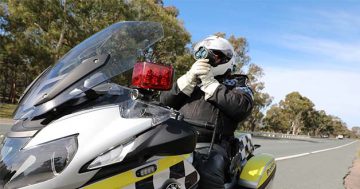Hey all.
Okay, before i say anything more, I am not going out of my way to be a d%*k about this, but I am genuinely interested in knowing a way forward. 🙂
My company received a notice from Victoria Police for a Corporate Notification – requesting we supply the details about a driver of a car registered to my company. The car in question had just been picked up (brand new) the prior week in Sydney, and driven to Melbourne for work. The person driving it had noted a discrepancy in the vehicle speedometer – vs the GPS which indicated the vehicle was ‘out’ a bit.
On it’s return, and the report was made of the speedometer, I checked and had the vehicle’s tyres replaced (note, this was BRAND NEW) and in the process adjusted the type of tyre (diameter, etc…) with a confirmation check that it was ‘correct’ against both the GPS and the speedo.
After that, we got a notification of infringement against the vehicle – with a request for identification of the driver.
The irritating thing is that the infringement lists: PERMITTED SPEED = 60 km/h – ALLEGED SPEED: 64 km/h – DETECTED SPEED: 67 km/h.
Now, while I did not note how far out the speedometer by the driver, I suspect it was about 2-3km overall.
So this puts a dilemma to me, as should I allow the driver (an employee) cop it for a vehicle that had a incorrect speedometer? Or do we just let him cop it – and identify him. Also, will anyone down there (with their reputation, doubtful) care if we explain the above anyway?
I am genuinely interested as I haven’t seen this situation before, and would be keen to know – at least I will be making a company policy (in writing) for the future on it. I don’t want to go asking lawyers and stuff – it’s one of those things that seems ‘almost’ pointless.
On a side note, the letter seems to be rather nasty about if we don’t identify the driver, that we will have to pay. This has me rather puzzled also – since we are an ACT registered company, not Victorian. I am wondering (as a side point) how they are going to do that? send us a bill? What if we don’t pay it? Hmm, questions questions… Will they ask the AFP to come and enforce it on us ??? I would be interested to know that…
Note, there is nothing to pay on this – it’s simply a corporate notification, so even if we wanted to just pay it for the employee – we couldn’t.
Seriously wondering..
R












